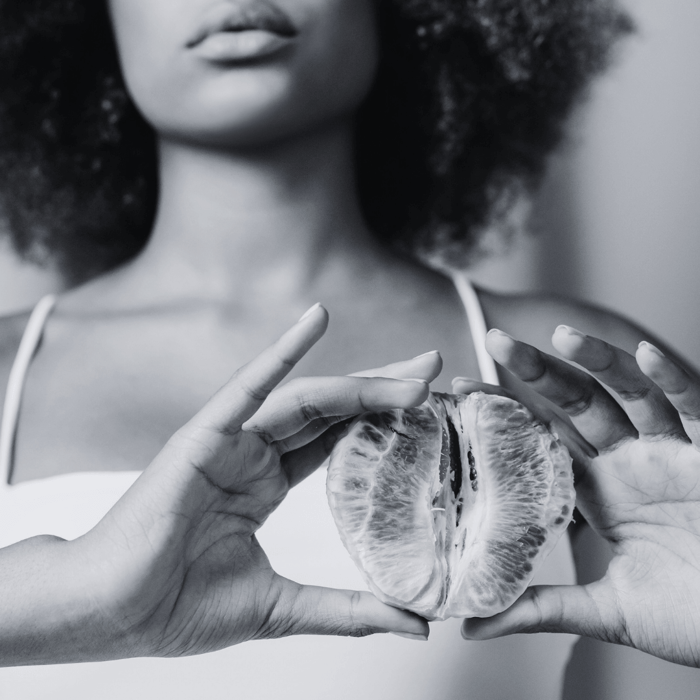Menopause is a natural biological process marking the end of a woman's reproductive years. While it brings about a range of physical and emotional changes, one often overlooked aspect is vaginal dryness. Vaginal dryness can significantly impact a woman's quality of life during and after menopause, affecting both her physical comfort and intimate relationships. Here we explore the causes, symptoms, and effective management strategies for vaginal dryness in menopausal women.

Understanding Vaginal Dryness
Vaginal dryness is a common symptom of menopause, occurring due to a decline in estrogen levels. Estrogen plays a crucial role in maintaining the health of the vaginal tissues, including the production of moisture and the elasticity of the vaginal walls. As estrogen levels decrease during menopause, the vaginal tissues become thinner, less elastic, and produce less lubrication, leading to dryness, irritation, and discomfort.
Common Symptoms
Dryness and Itching
The most apparent symptom is a persistent feeling of dryness in the vaginal area, often accompanied by itching.
Painful Intercourse
Vaginal dryness can make sexual intercourse painful, leading to a decline in sexual satisfaction and intimacy.
Increased Urinary Tract Infections (UTIs)
The lack of natural lubrication can make the genital area more prone to infections, including UTIs.
Burning Sensation
Some women may experience a burning sensation or discomfort, particularly during urination.
Managing Symptoms
A holistic approach is recommended combining the following strategies-
Topical Moisturizers and Lubricants
Lubricants can provide relief during sexual activity.
Nandi Vaginal Intimate Oil

£30.00
Ultra Hydrating Vaginal Intimate Oil Carefully curated to quickly restore essential elements that may be compromised during hormonal changing periods and to enhance female pleasure during intimacy. ✔️ Relieves Hormonal Dryness ✔️ Enhances Female Pleasure ✔️ Targets Itching ✔️ Heals… read more
Hormone Replacement Therapy (HRT)
Systemic or local estrogen therapy can be prescribed to supplement declining estrogen levels and alleviate symptoms.
Regular Sexual Activity
Engaging in regular sexual activity, promotes blood flow to the genital area and helps maintain vaginal health.
Pelvic Floor Exercises
Kegel exercises can strengthen pelvic floor muscles, improving blood circulation and promoting vaginal health.
Healthy Lifestyle Choices
Maintaining a well-balanced diet, staying hydrated, and avoiding irritants such as harsh or scented soaps can contribute to overall vaginal health. The vagina is a self cleaning organism and should be cleaned with just water to avoid disrupting the bacterial balance. 
Conclusion
Vaginal dryness during menopause is a common and treatable condition that should not be overlooked. Open communication with healthcare professionals is crucial for finding the most suitable management strategy tailored to individual needs. By addressing this issue proactively, women can reclaim their comfort, confidence, and enjoyment of intimate relationships during and after menopause. Remember, there is no need to suffer in silence—help is available to navigate through this natural phase of life with grace and well-being.

